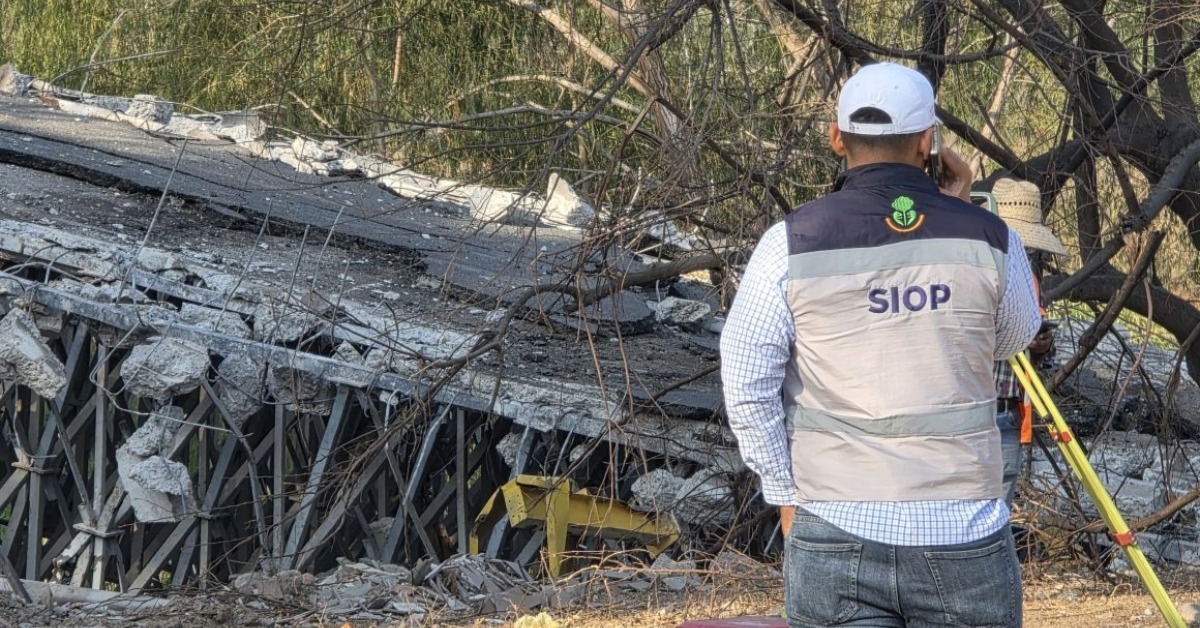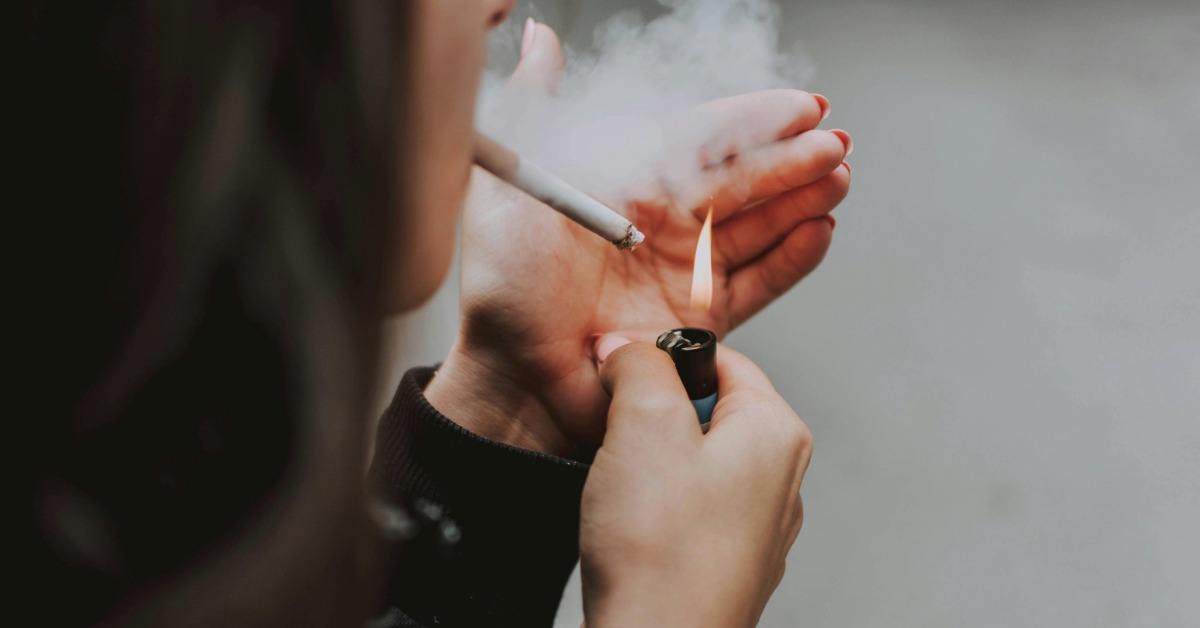Puerto Vallarta, Mexico – Dengue cases in Puerto Vallarta continue to climb as the city and surrounding municipalities experience a sharp rise in infections. According to data from the epidemiological week 35 (August 25-31), confirmed dengue cases in Puerto Vallarta rose from 185 to 216, marking a significant increase of 19.62% compared to the previous week.






